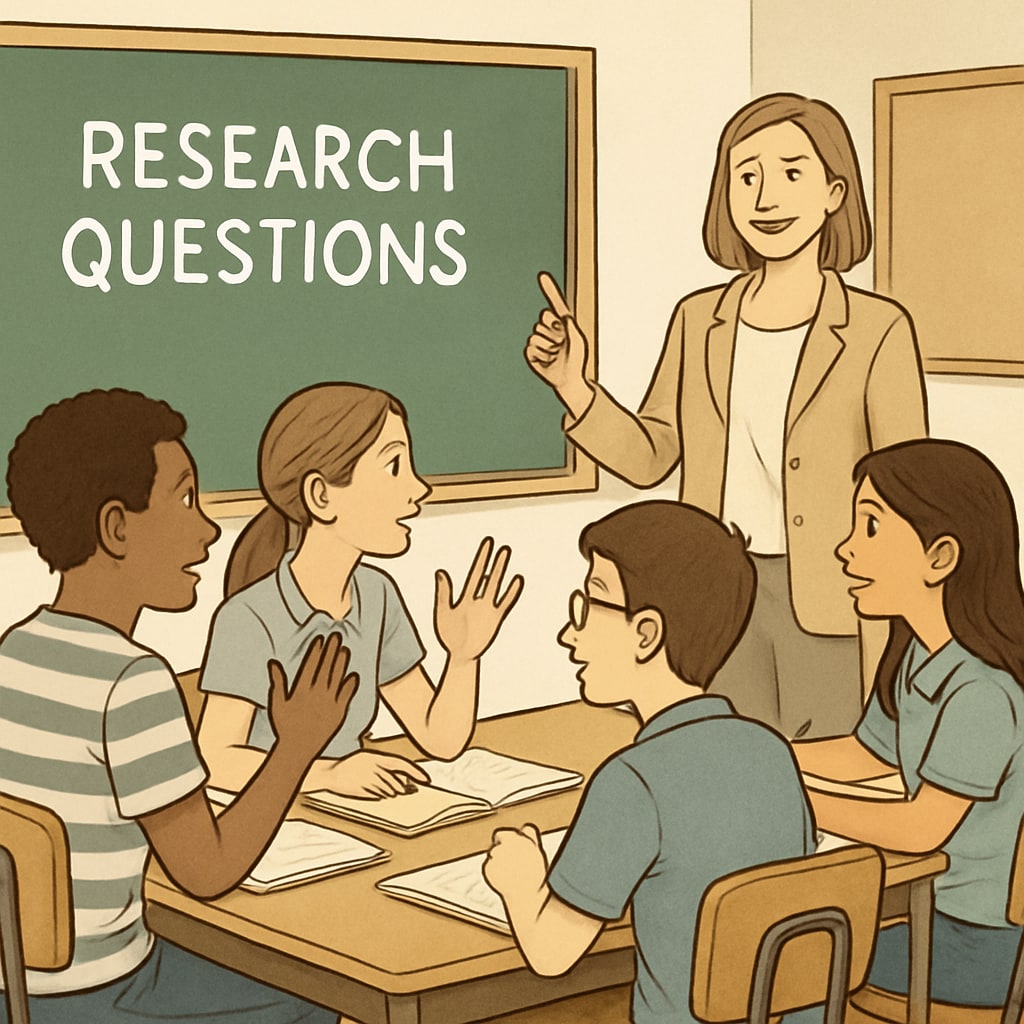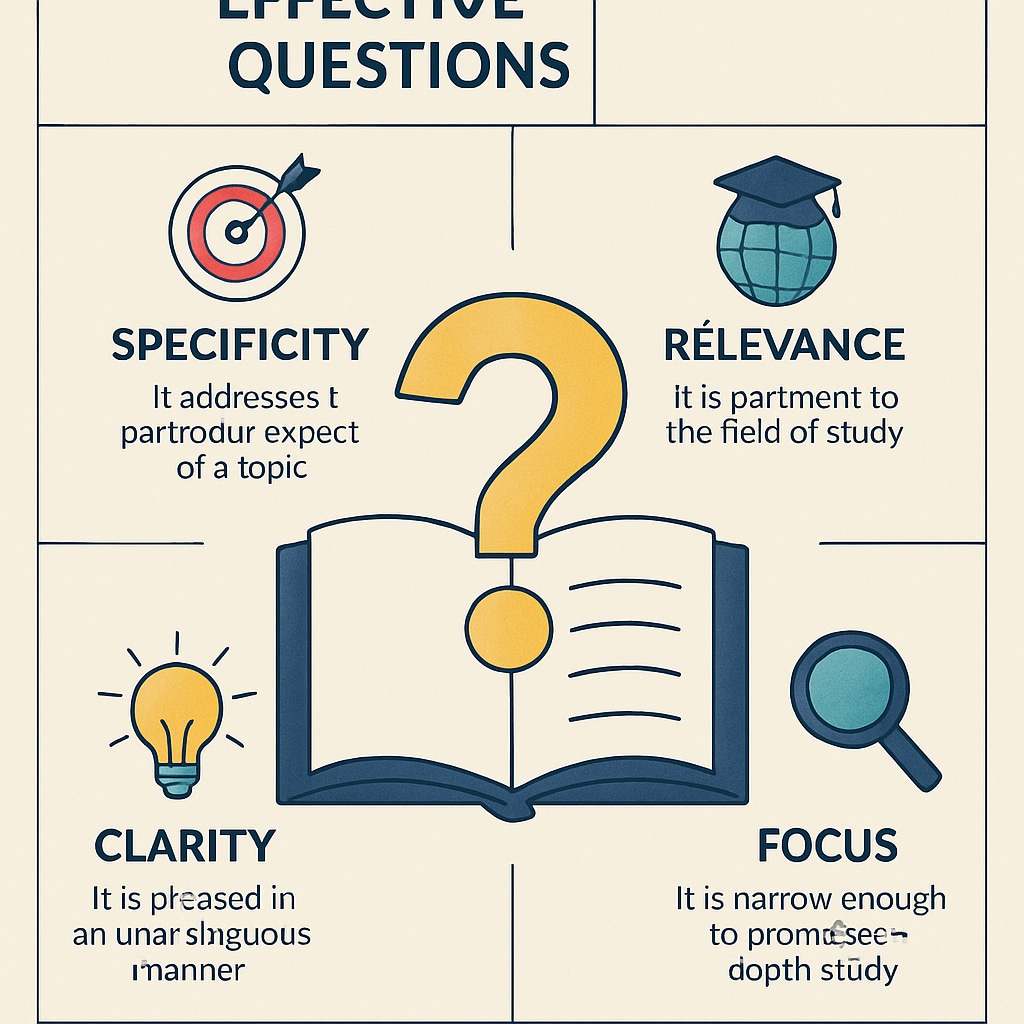Formulating research questions is a crucial skill in K12 education, enabling students to explore topics deeply while fostering critical thinking and inquiry-based learning. Teachers play an essential role in guiding students through this process, ensuring their questions are clear, focused, and conducive to meaningful exploration. This article provides a practical guide to creating effective research questions in the classroom, empowering both educators and learners.
Why Research Questions Matter in K12 Education
Research questions are the foundation of inquiry-based learning, encouraging students to think critically and explore subjects beyond surface-level understanding. In K12 education, well-crafted research questions help students develop problem-solving skills, enhance creativity, and establish connections between academic concepts and real-world issues. For example, questions like “How does climate change affect local ecosystems?” or “What role does technology play in modern education?” allow students to engage deeply with relevant topics.

Steps for Formulating Effective Research Questions
Creating strong research questions requires a systematic approach. Below are key steps educators can follow:
- Identify the Topic: Begin by choosing a broad subject area that aligns with curriculum goals and student interests.
- Narrow Down the Focus: Encourage students to refine their topic into a specific area of inquiry. For instance, instead of “technology,” focus on “the impact of technology on education.”
- Use Open-Ended Questions: Frame questions to elicit analysis and exploration, avoiding yes/no answers. For example, “What are the benefits and challenges of integrating AI in schools?”
- Ensure Clarity: Avoid ambiguous language. Questions should be concise and clearly understood by students.
- Make It Relevant: Connect the question to students’ lives, interests, or current events to spark engagement.
By following these steps, educators can guide students in crafting questions that promote deeper learning and intellectual curiosity.
Characteristics of Strong Research Questions
Effective research questions share several key traits. They are:
- Specific: Focused on a particular aspect of a broader topic.
- Open-Ended: Encourage exploration instead of limiting responses.
- Relevant: Connected to students’ interests or current societal issues.
- Feasible: Can be answered using available resources and within the given timeframe.
- Engaging: Inspire curiosity and motivate students to investigate further.

Practical Examples and Classroom Applications
Applying the principles of formulating research questions in real classroom settings makes the learning process tangible and impactful. Below are examples tailored to various grade levels:
- Elementary School: “How do plants grow in different conditions?”
- Middle School: “What are the effects of social media on teenagers’ communication skills?”
- High School: “How does renewable energy contribute to combating climate change?”
Teachers can further enhance the process by incorporating group brainstorming sessions, peer feedback, and visual aids like mind maps to refine questions collaboratively.
Conclusion
Formulating effective research questions is a vital skill that empowers students to think critically, explore deeply, and connect their learning to real-world contexts. By following the strategies and examples outlined in this article, educators can create engaging and meaningful learning experiences that inspire curiosity and foster intellectual growth. Effective research questions are not just tools for academic success—they are stepping stones toward lifelong learning and inquiry.
Readability guidance: Use concise sentences and short paragraphs to ensure clarity. Incorporate lists and examples to break down complex concepts, while maintaining a balance between academic and accessible language.


